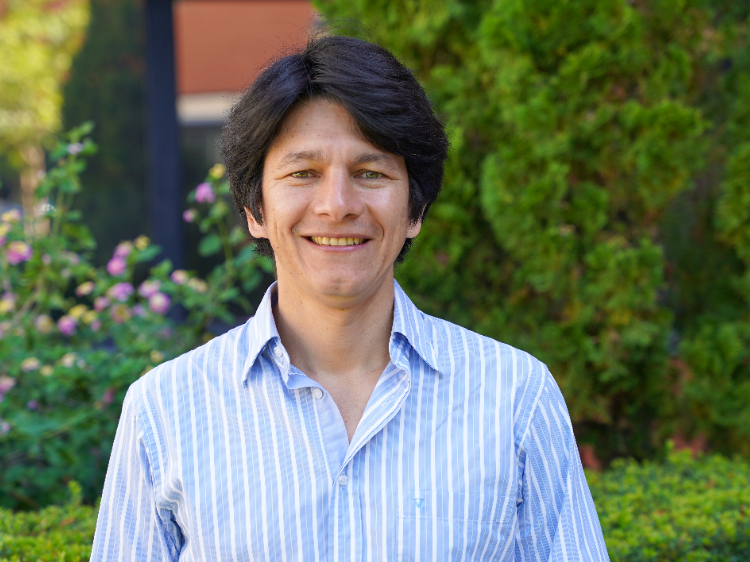
Amilcar Bedoya-Pinto, distinguished researcher at the Institute of Molecular Science (ICMol) - University of Valencia, has been invited as Guest Professor at the Technical University of Dortmund (TU Dortmund) in Germany. This recognition underlines his excellent career in the field of condensed matter physics and his contribution to the development of novel materials through epitaxial growth, including topological Weyl semimetals and two-dimensional magnetic materials with XY anisotropy. Bedoya-Pinto will give, in addition to a colloquium in the Faculty of Physics, a series of lectures at undergraduate and master's level on epitaxial growth of advanced materials and their technological applications, in the framework of the ‘Ulrich Bonse Chair’ visiting professor programme, which brings together worldwide experts from different areas of physics.
Bedoya-Pinto completed his undergraduate studies in Physics at the Technical University of Munich (TUM) and received his PhD in Condensed Matter Physics at the University of Göttingen, where he was awarded the Dr. Berliner-Ungewitter Prize for his outstanding doctoral thesis in 2011. Subsequently, he started his postdoctoral career at the CiC nanoGUNE nanoscience centre in San Sebastian, Spain, and continued as a research associate at the Max-Planck-Institute for Microstructure Physics in Halle, Germany.
In 2022, Bedoya-Pinto was appointed distinguished researcher within the Generation Talent (Gen-T) programme at ICMol, a consolidation of his career as a key figure in the field of magnetism and spintronics. His research focuses on the synthesis of molecular, topological and low-dimensional materials, especially in the fabrication of thin films for technological applications. He is one of the world's few experts in the growth of two-dimensional magnets on large-area substrates by molecular beam epitaxy.
His appointment at TU Dortmund as Guest Professor will allow Bedoya-Pinto to collaborate with renowned researchers in Germany and continue to foster his innovative research and share his knowledge in the scalable fabrication of magnetic materials, topological and spintronic devices in the ultrathin (2D) regime, key to the development of new technological applications. This international collaboration underlines the impact of his research and leadership in a rapidly evolving field.

